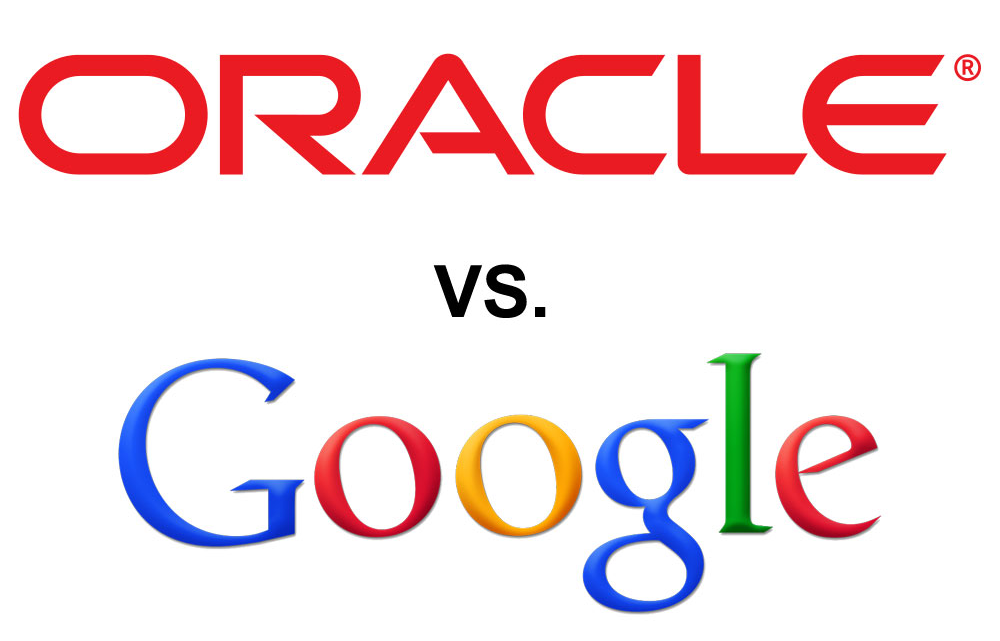Google vs Oracle – The Battle of the Databases
The big dream for the database market lies the possibility of combining scalability, high performance and secured data storage.
With many NoSQL databases on the market right now you get the scalability and good performance; but unfortunately not the secured data storage that many customers are after. With traditional databases, known as “SQL databases,” you can get Oracle is secure data storage (transaction security, known as “Acid”) and in many cases good performance – but then you lack the scalability.
Scalability is required especially for web applications with many, and varying number of users; and to succeed with this you often have to compromise the accuracy of the data that is displayed. That is partly because it seems like software updates on services like different Casino and Roulette – sites can sometimes be lagging behind.
It seems almost impossible to meet all these three requirements; but now Google claims to have the solution we have been looking for; with the database service “Cloud Spanner”. And with the giant Google launching this innovative database service, gives this solution more credibility. The database service that Google now is launching for the public – has been used internally for years, for data management for services like AdWords and Google Play. Live tests are largely completed, although the service is currently only available in a beta-format.
– Google has enormous resources and it is actually a proven product. It seems reasonable that Google should be able to accomplish anything with this new service; says Ulf Magnusson, decision support manager at RG19 – an operating company that specializes in logistics and intelligence.
The work on Spanner began in 2007 and led to a research report, which was published in the end of 2012.
So what can Cloud Spanner offer exactly?
Firstly, because Google manages and administers all the operating procedures; you don’t have plan your server utilization yourself. It also promises easy scalability, which to some extent, of course is linked to you as a service provider – and also depends on the technical solution at hand.
Thirdly; Googles new service promises global data consistency at the millisecond level. If a user changes some information in, for example London; a user in Sydney can see that change a fraction of a second later – much like how Google Drive works today. But perhaps most importantly you can use Cloud Spanner with your existing database application. This means that the migrations will be easier than a NoSQL database with a complete language for your data management.





